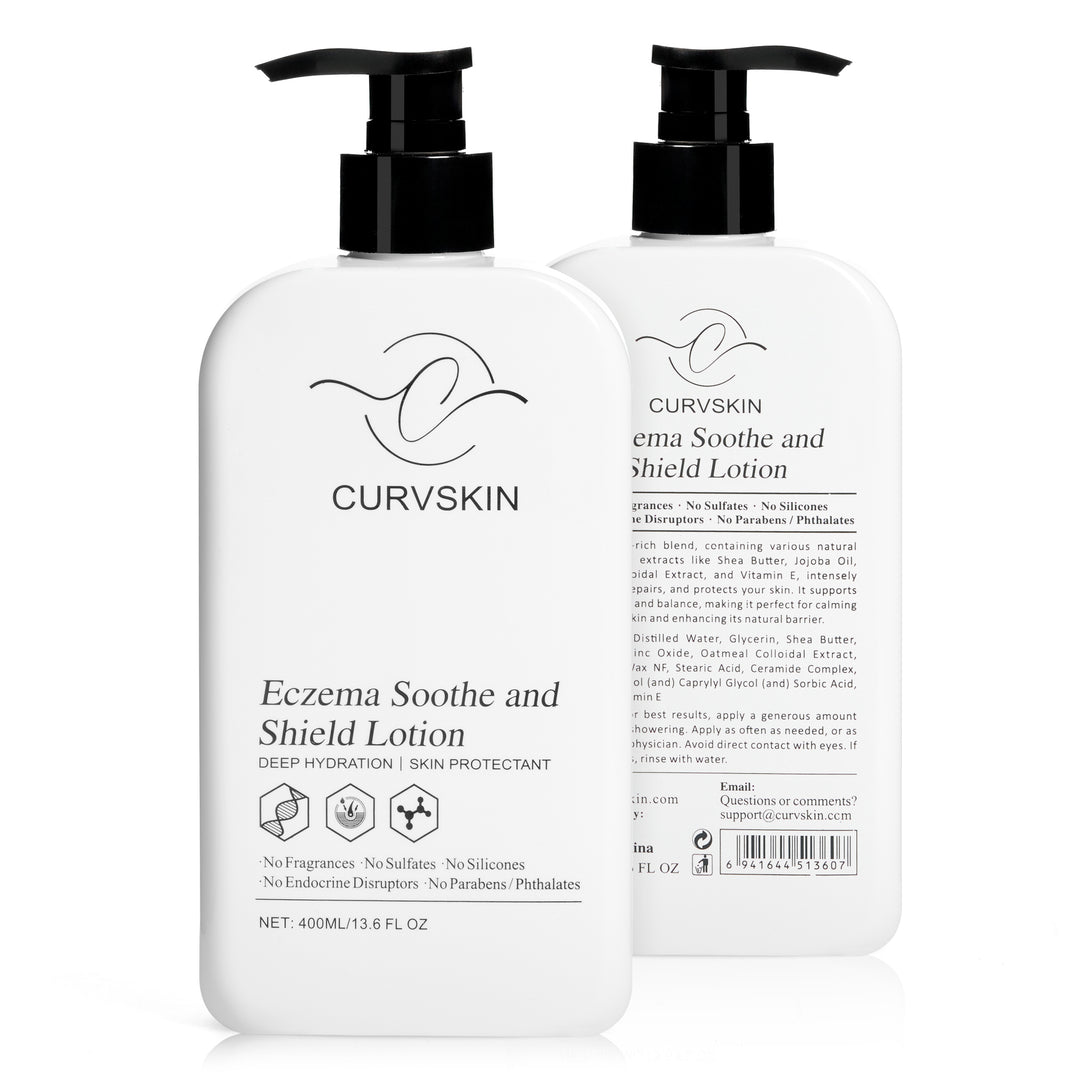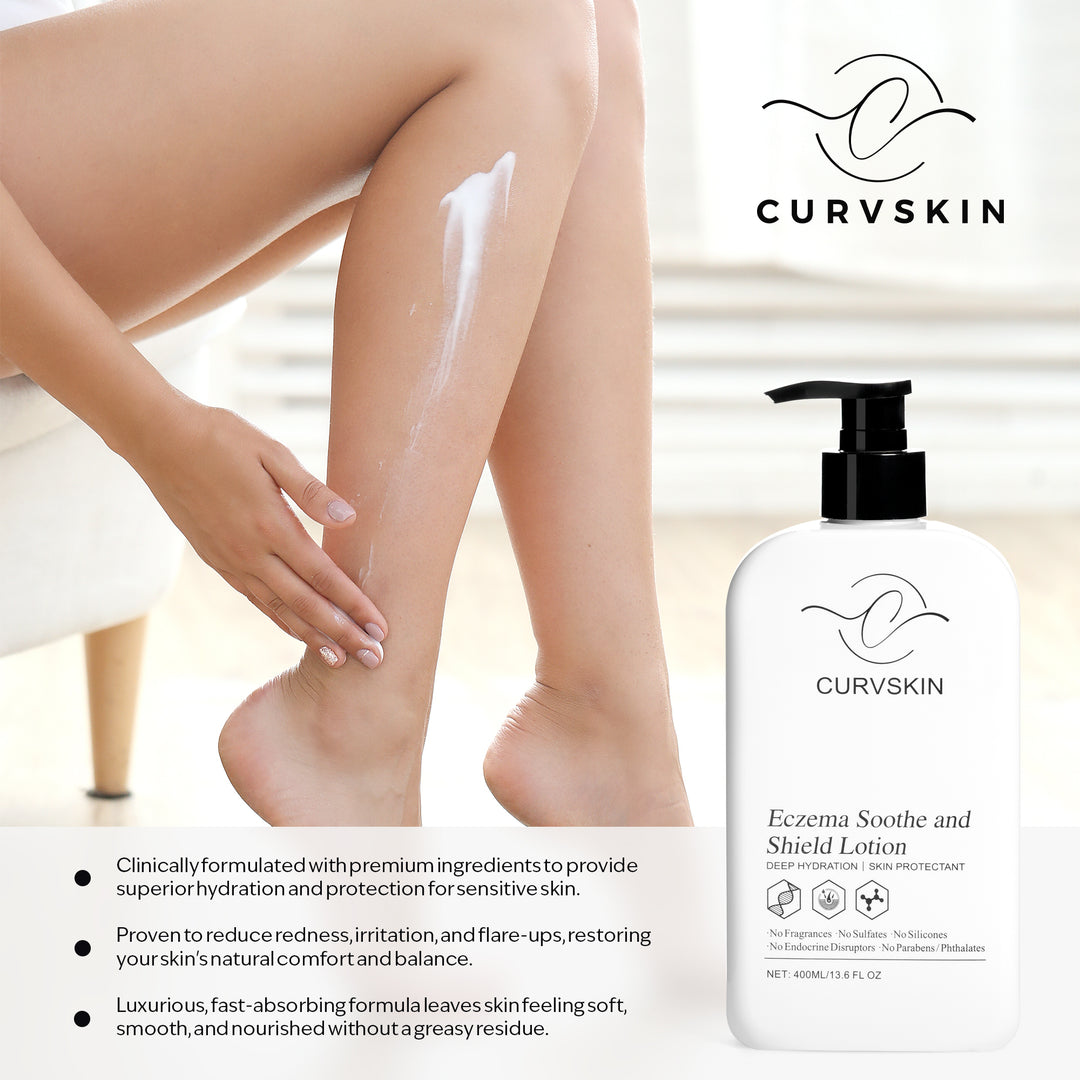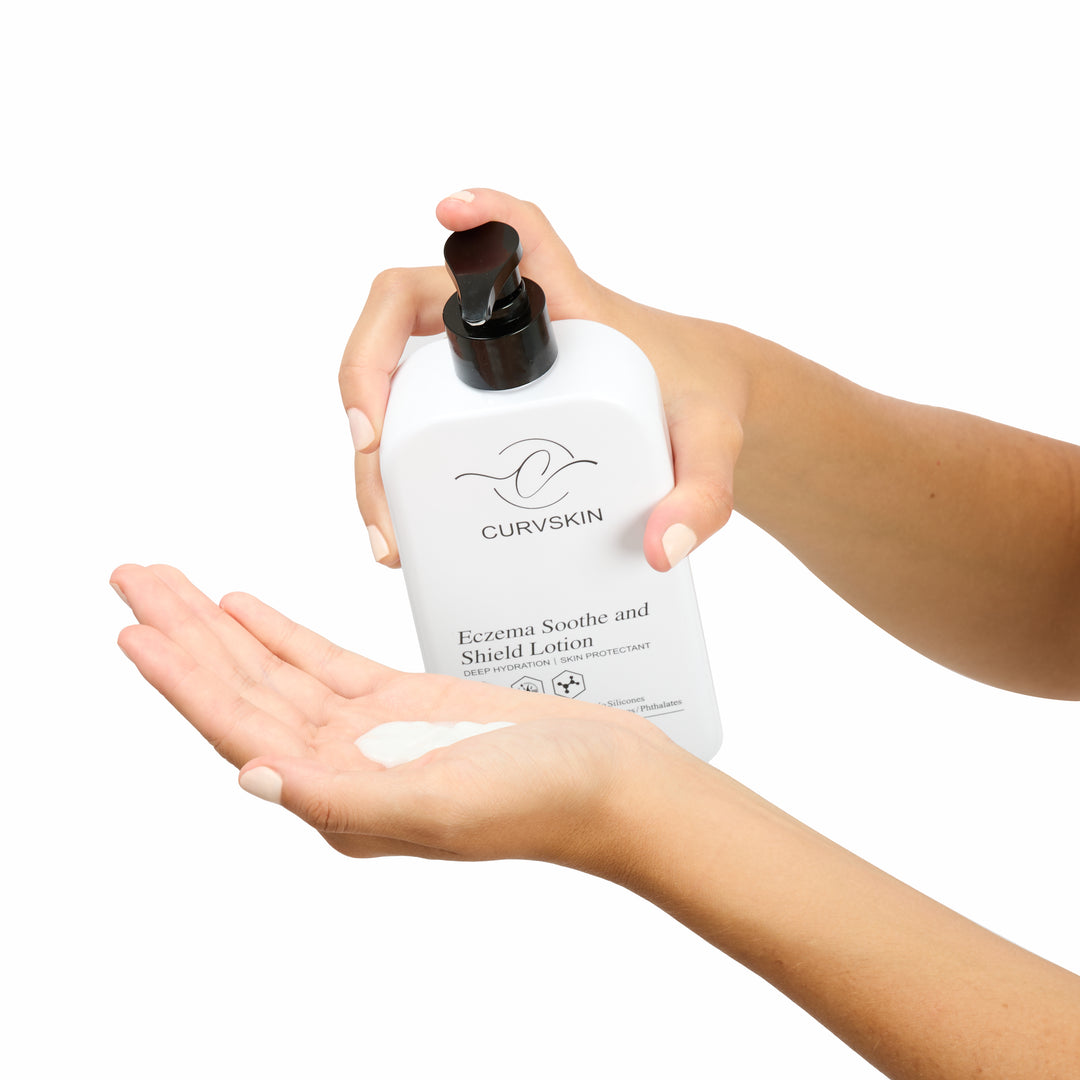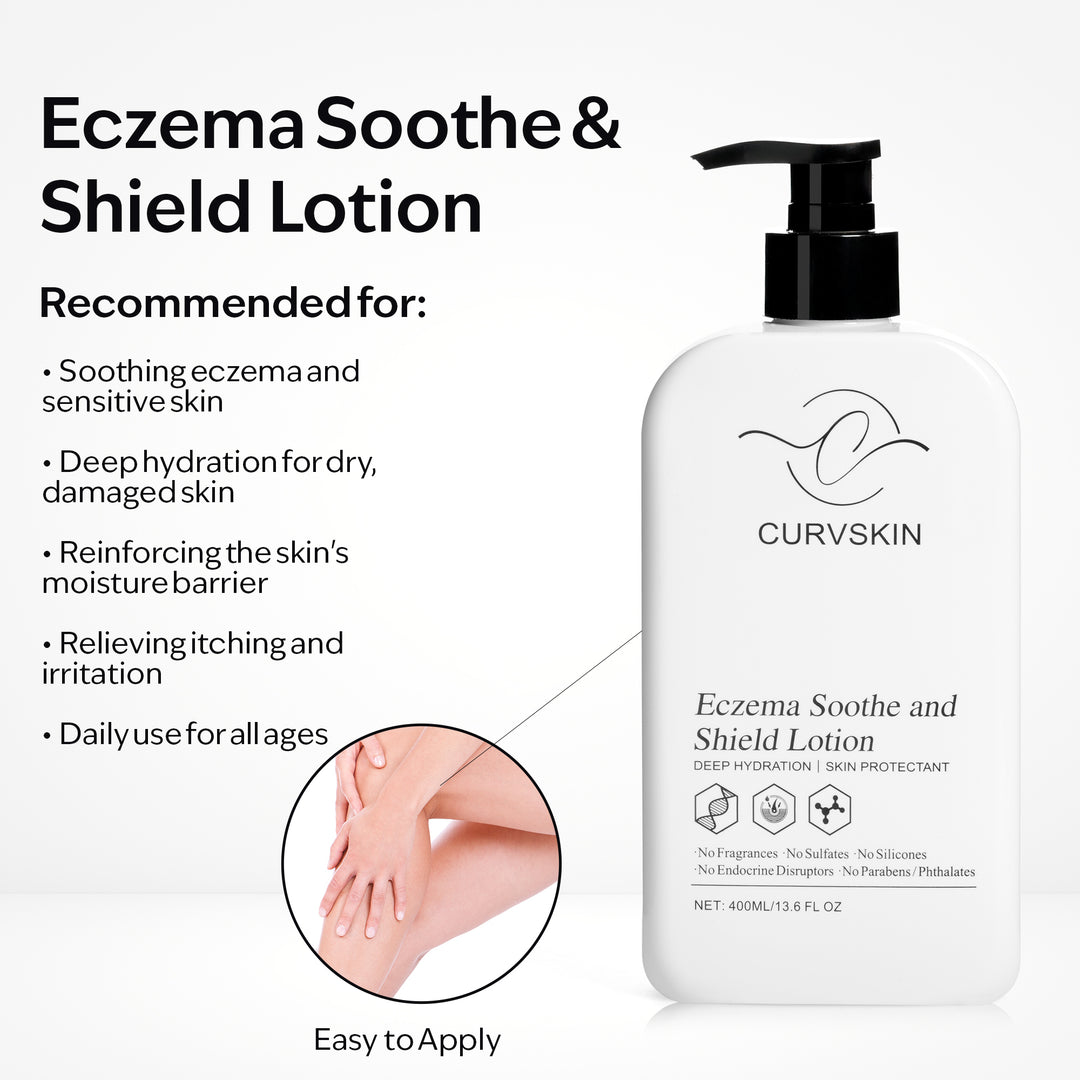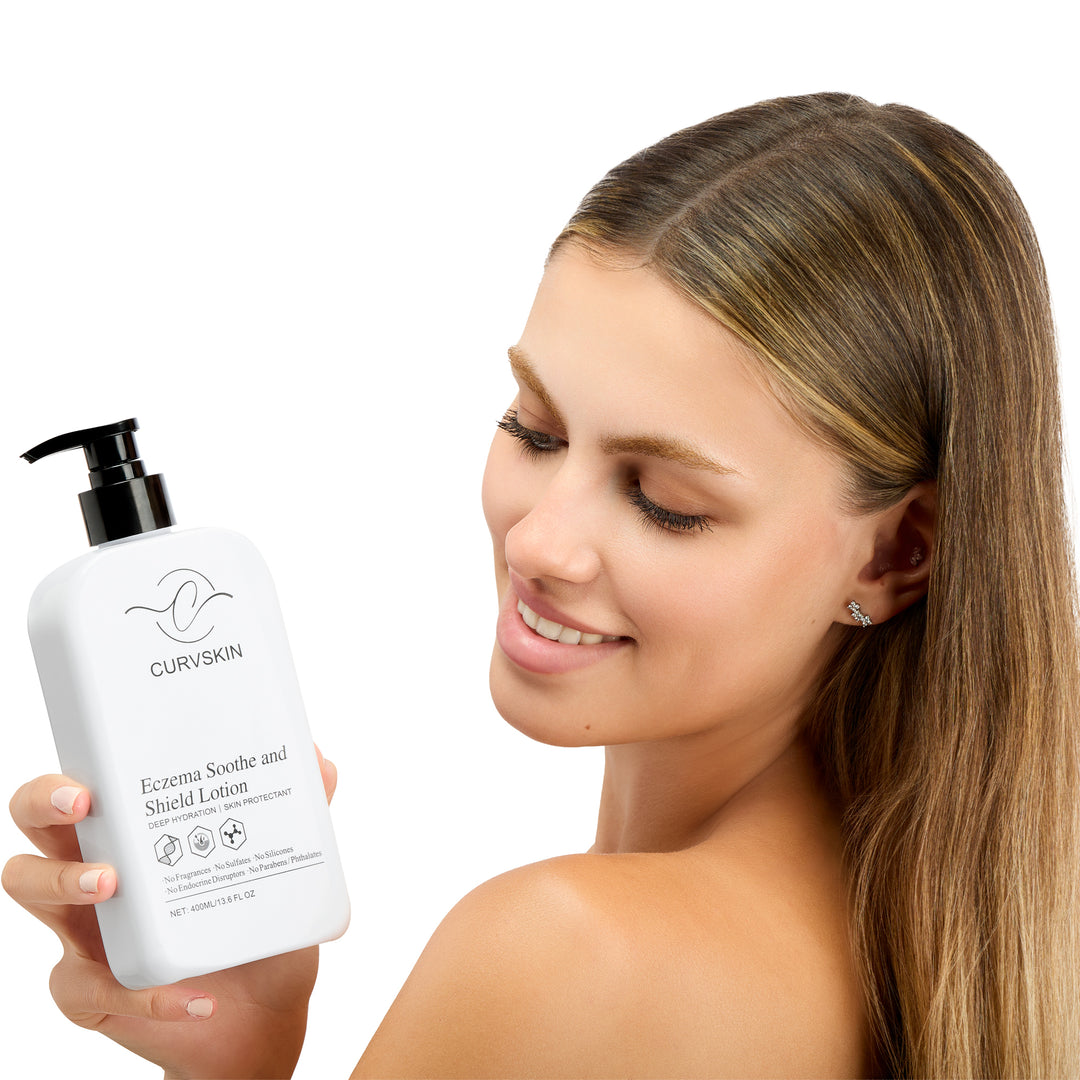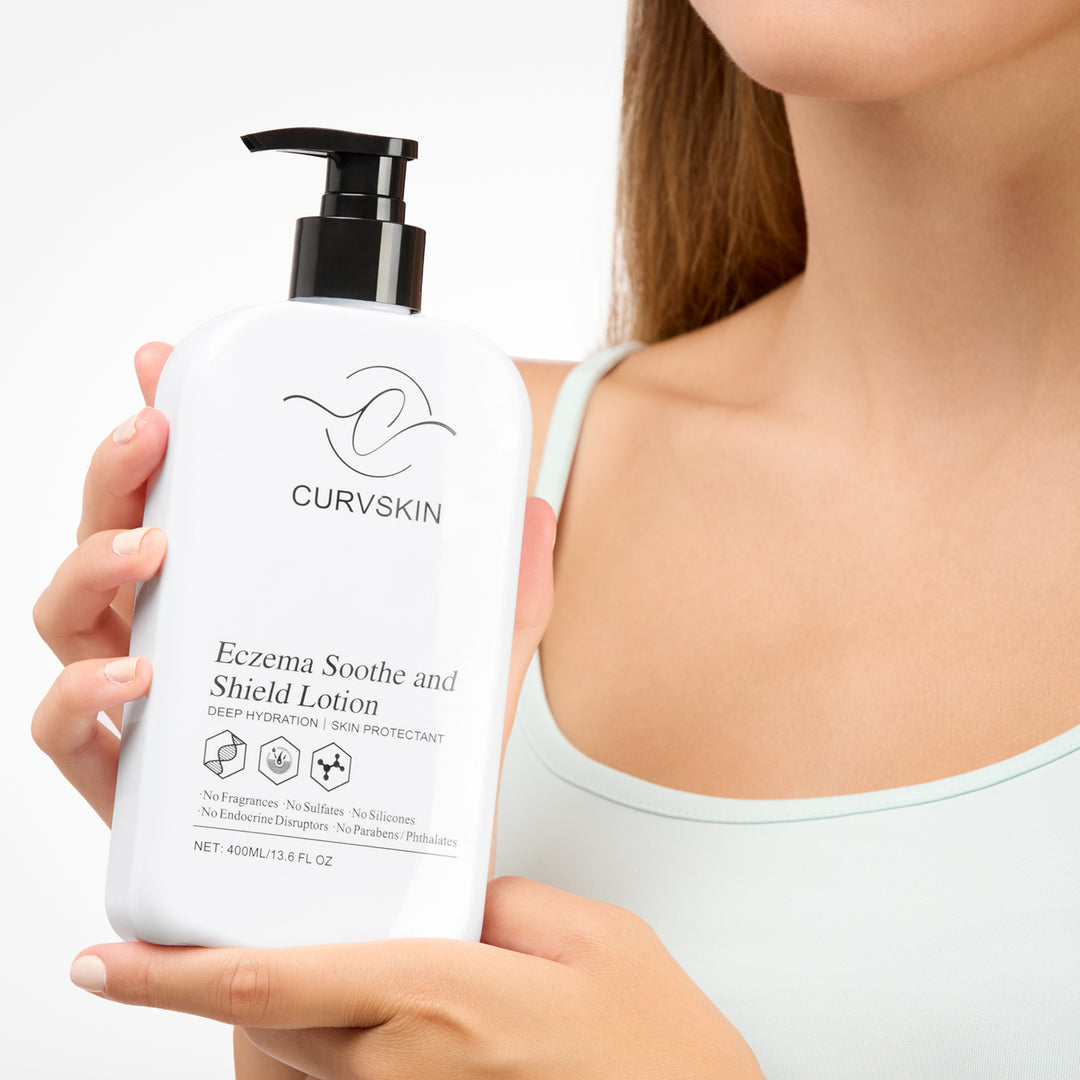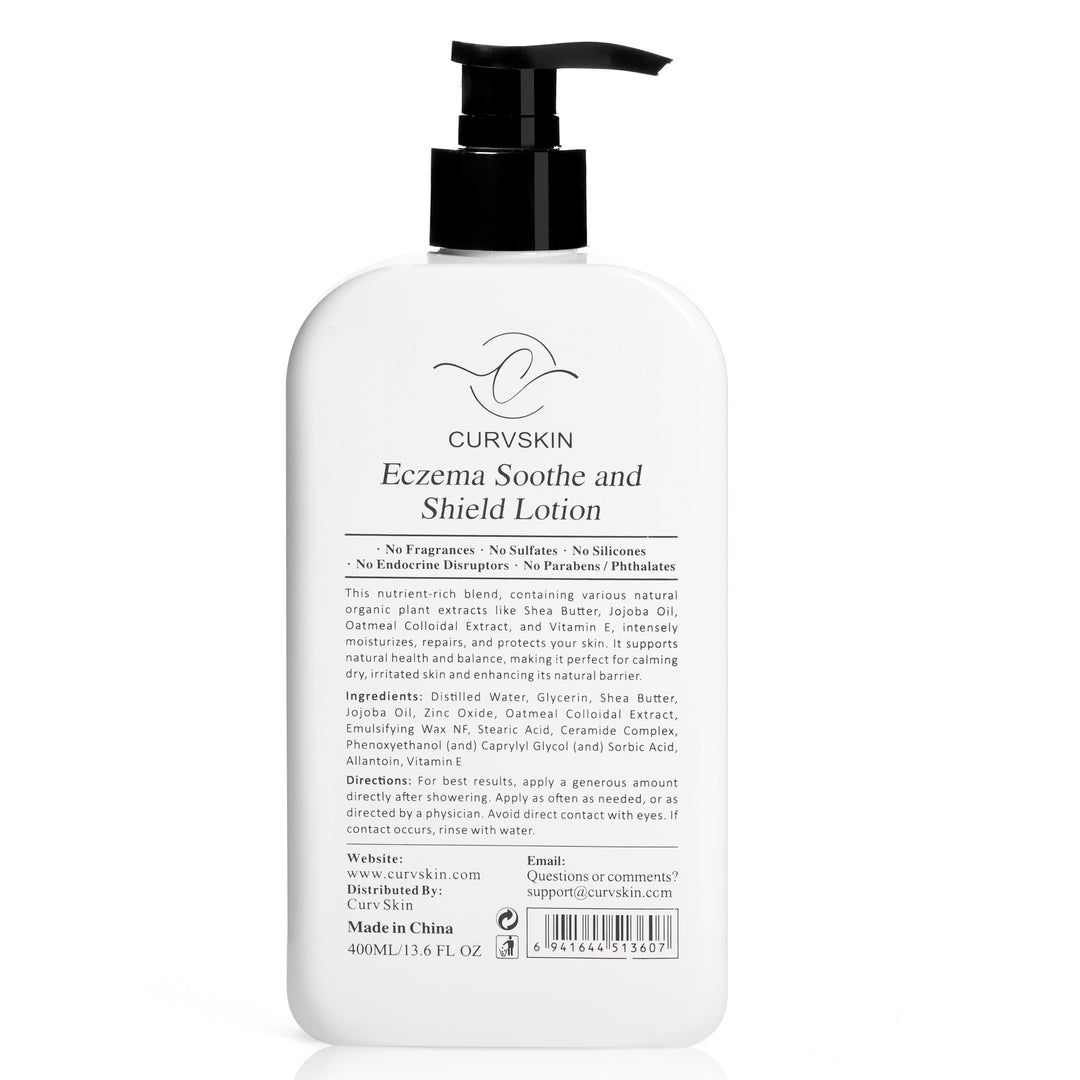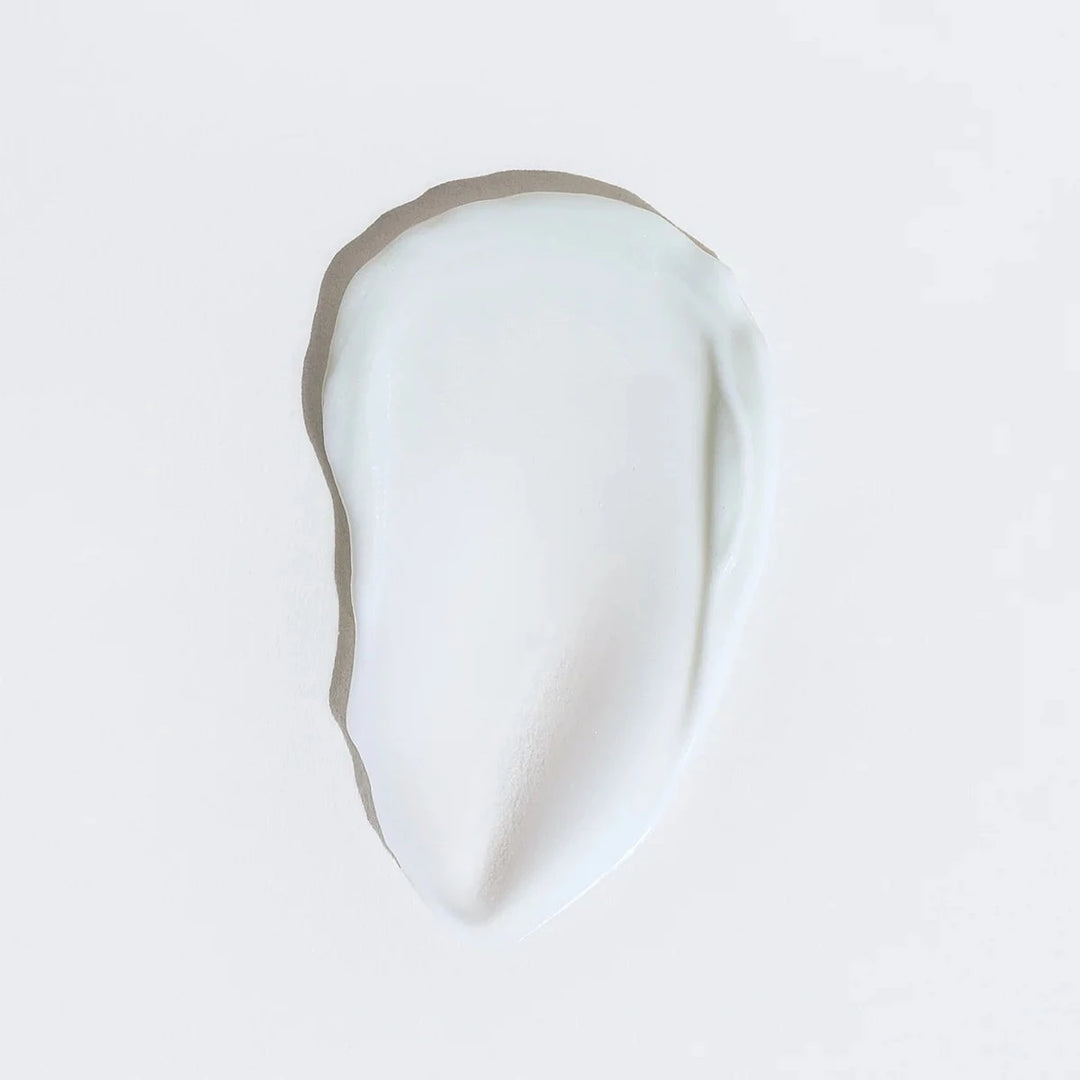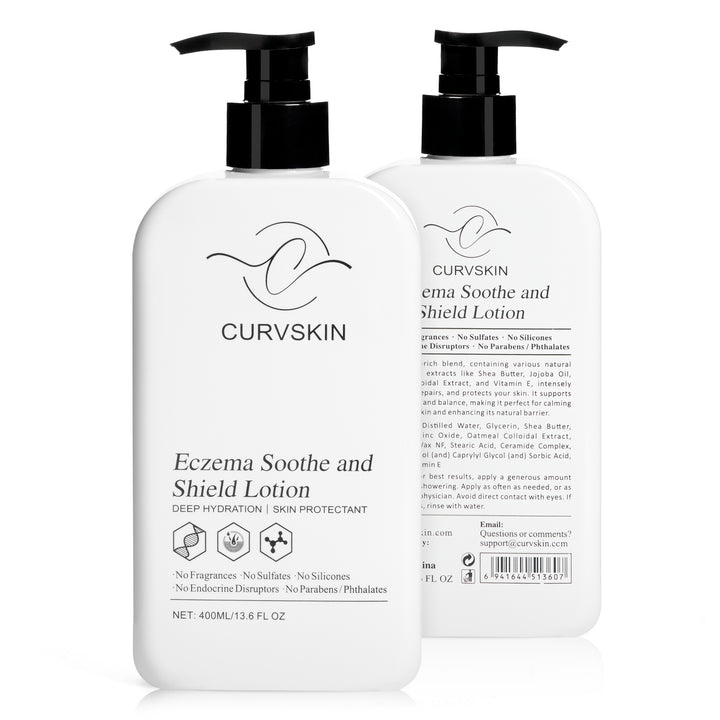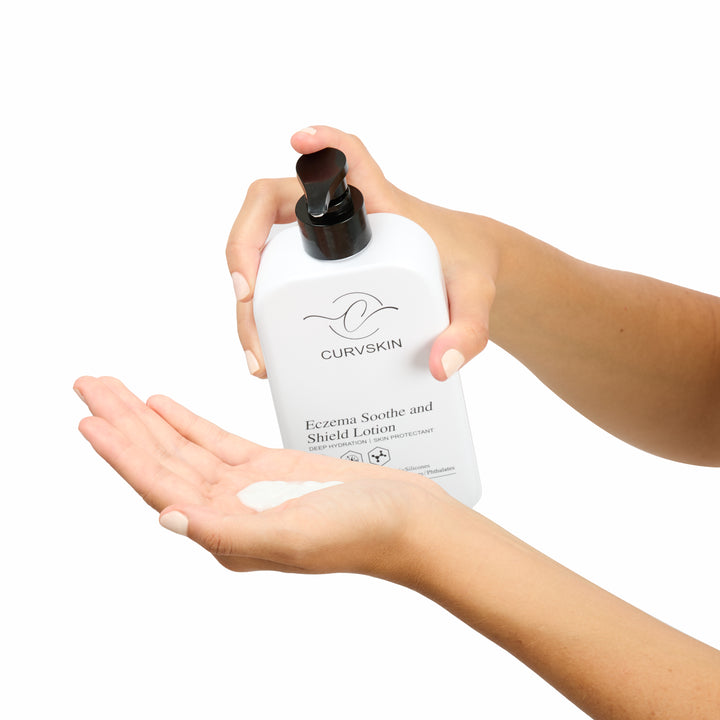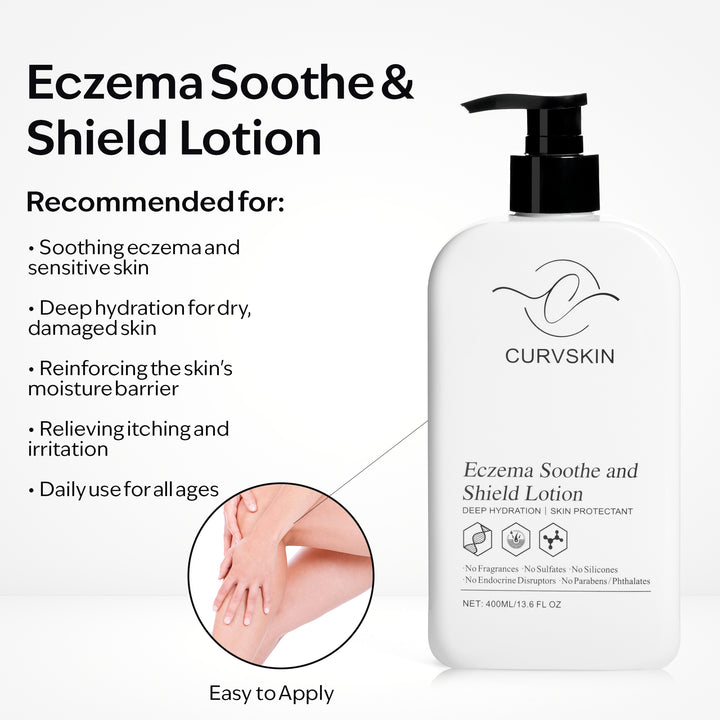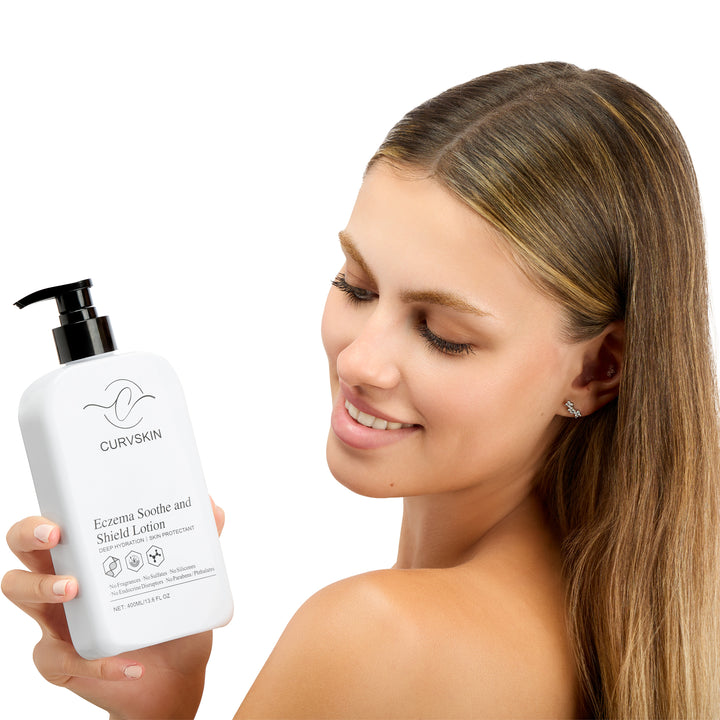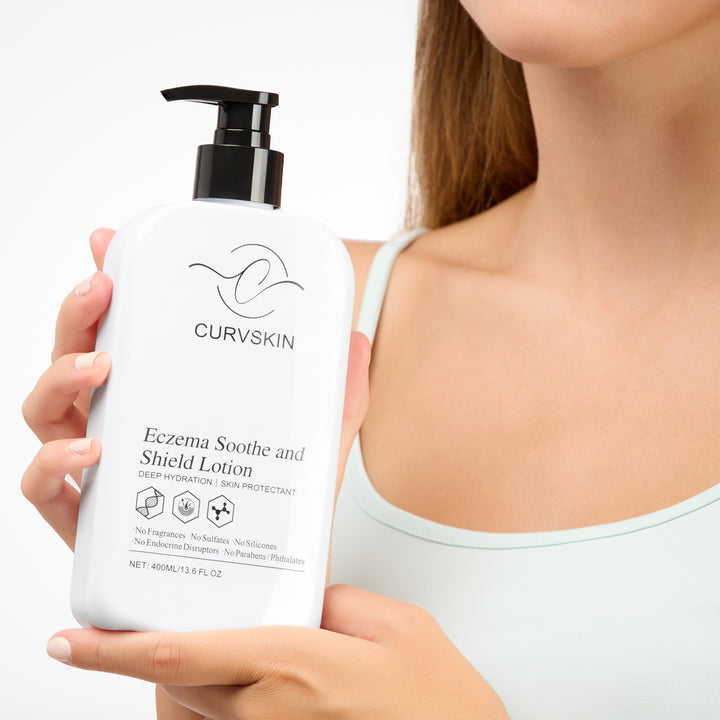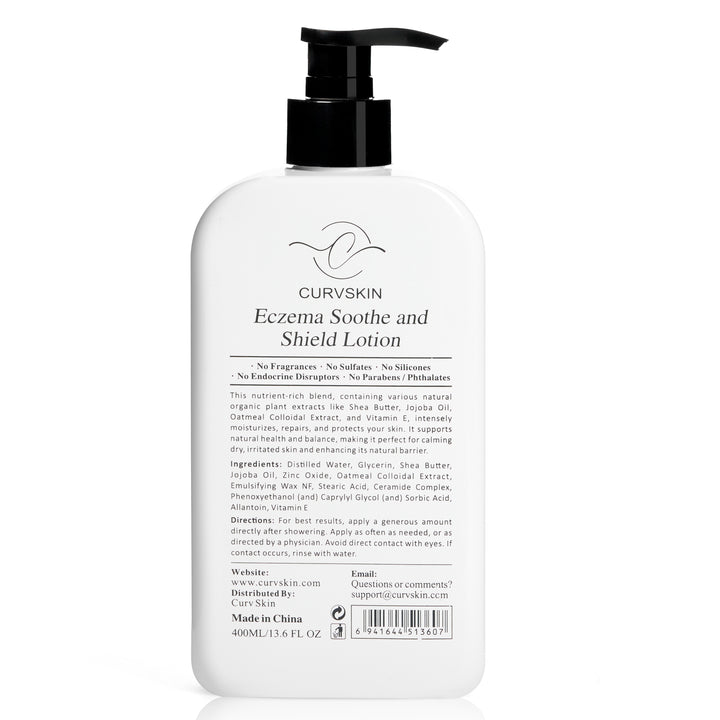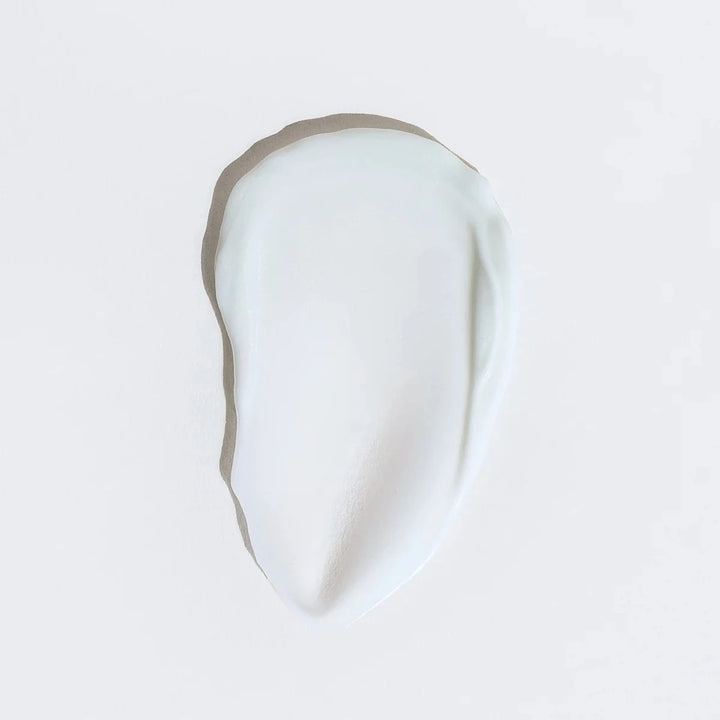Managing Eczema in Children: Tips and Tricks for Parents
Eczema, a common skin condition in children, can be a source of discomfort and stress for both the child and the parents. Characterized by dry, itchy, and inflamed skin, eczema requires careful management. Here are some practical tips and tricks to help parents effectively manage their child's eczema.
1. Moisturize Regularly: Regular moisturization is key in managing eczema. Use a gentle, fragrance-free moisturizer like Eczema Soothe and Shield Lotion, specifically formulated for sensitive skin. Apply it immediately after a bath to lock in moisture.
2. Gentle Skin Care Products: Choose skin care products designed for sensitive skin. Avoid harsh chemicals, fragrances, or dyes, which can irritate eczema-prone skin. Products with natural ingredients like Shea butter and Jojoba oil can be soothing.
3. Bathe with Care: Keep baths short and use lukewarm water. Hot water can dry out the skin. Consider adding colloidal oatmeal to the bath for its soothing properties. After bathing, gently pat the skin dry and apply moisturizer.
4. Soft Fabrics: Dress your child in soft, breathable fabrics like cotton. Avoid wool and synthetic materials that can irritate the skin and exacerbate eczema.
5. Cool Environment: Overheating can trigger eczema flare-ups. Keep your child's environment cool and well-ventilated, especially during sleep.
6. Manage Scratching: Keep your child's nails short to prevent skin damage from scratching. Using mittens or cotton gloves at night can help.
7. Avoid Triggers: Common eczema triggers include certain foods, allergens like dust mites, pet dander, and stress. Observing and avoiding these triggers can help reduce flare-ups.
8. Use a Humidifier: Dry air can worsen eczema. A humidifier in your child's room can help maintain skin moisture.
9. Home Remedies: Natural remedies like aloe vera gel and coconut oil can provide relief. However, it's important to patch test any new remedy to ensure it doesn't irritate your child's skin.
10. Professional Advice: If your child's eczema is severe or not responding to home care, consult a dermatologist. They can provide tailored advice and may prescribe treatments like medicated creams.
11. Diet and Eczema: Some children with eczema may have food sensitivities that can exacerbate their symptoms. Keeping a food diary can help identify potential triggers. Incorporating foods rich in omega-3 fatty acids, like fish and flaxseed, can also be beneficial for skin health.
12. Stress Management: Stress can worsen eczema. Encourage stress-reducing activities like reading, gentle play, or mindfulness exercises tailored for children.
13. Sun Protection: Protecting your child's skin from the sun is important, especially as some eczema medications can make skin more sensitive to sunlight. Use a mineral-based sunscreen that is less likely to irritate sensitive skin.
14. Regular Check-ups: Regular check-ups with a healthcare provider can help monitor your child's eczema and adjust treatment as needed.
15. Educate and Empower: Educate your child about their condition in an age-appropriate way. Empowering them to take part in their skin care routine can help them feel more in control and less anxious about their eczema.
16. Support Groups: Consider joining support groups for families dealing with eczema. Sharing experiences and tips with others in similar situations can be invaluable.
Managing a child's eczema can be challenging, but with the right strategies and a bit of patience, you can help your child lead a comfortable and happy life. Remember, every child's skin is unique, and finding the right combination of treatments and lifestyle changes can take time. With consistent care and attention, you can make a significant difference in your child's skin health and overall well-being.



